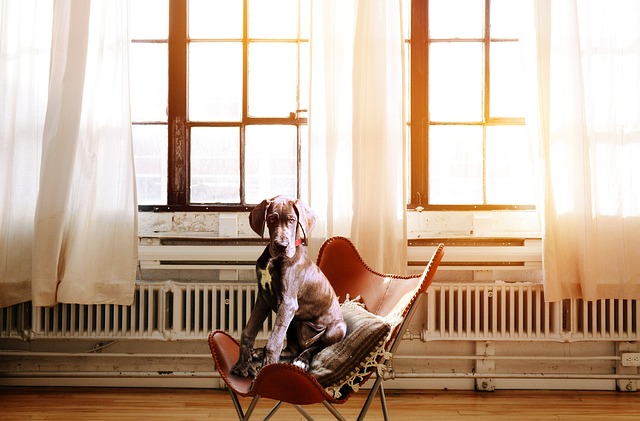People often joke when a newlywed couple gets a puppy that they’re just practicing for when they have children. And they’re right, because dogs are great “training wheels” for becoming a parent. But they can also be great training wheels for becoming a manager. Your pooch can teach you a lot about management. Here’s an example:
Growing up, we had a poodle named Pepe. Whenever my father sneezed, Pepe would come running. Literally running, tearing through the house to get to him. One day we were all in the car on the way somewhere, maybe school. My siblings, Pepe and I in the back and my father, smoking a cheap cigar and drinking a cup of coffee in the driver’s seat. After we’d driven only about a block down the street from our driveway, my father sneezed, and, as if shot from a cannon, Pepe jumped from the back seat, right into my dad’s lap, spilling hot coffee all over him. We all survived, thankfully. Dad wasn’t all that happy, but we kids in the back were snickering as loud as we could without attracting Dad’s ire.
This morning as I sat down to put on my running shoes, our dog, Callee, came right up to me wagging her nonexistent tail, yapping quietly and expecting a pat on the head. She does it every morning when I sit to down to put on my shoes.
Neither my father nor I intentionally trained our dogs to act like this, so why do they do it? We somehow reinforced these behaviors to the point that they became a habit. We rewarded them enough those first few times, with a pat on the head or a “good girl,” that our furry companions understood they’d be rewarded every time. We weren’t intentionally encouraging these behaviors, but we weren’t doing anything to discourage them, either.
Take a minute to think about how you manage others. Are there any behaviors that you’re unintentionally – unconsciously – rewarding? Perhaps some unwarranted or unproductive behaviors? Are you giving feedback? Enough feedback? Honest feedback? Timely feedback? Are you intentional about encouraging behaviors you want to reinforce and discouraging ones you don’t?
If you don’t want to end up driving down the road covered in coffee with a poodle in your lap, you’d better start being more intentional with your feedback. Be fair. Be firm. Be consistent.
